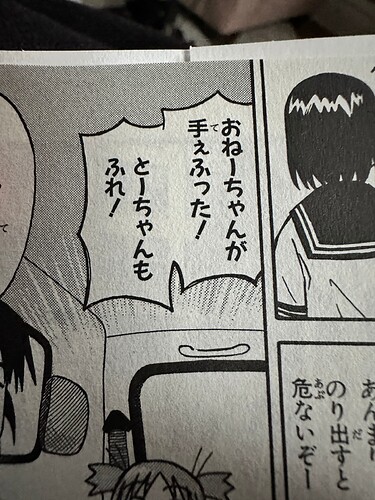Yes. Although probably it is Yanda.
Yes - 用 here refers to some errand or something that needs to be seen to.
Yes. 来ない becomes こねぇ and って is quoting. It is kind of a rude way to say you aren’t coming and Jumbo then criticises him in the next speech bubble. Yanda is a recurring character and arch-nemesis of Yotsuba later in the series.
Yes.
し+な (if it still doesn’t make sense then ask but probably that’s enough information for you to work it out on your own which is probably more useful, I hope)





